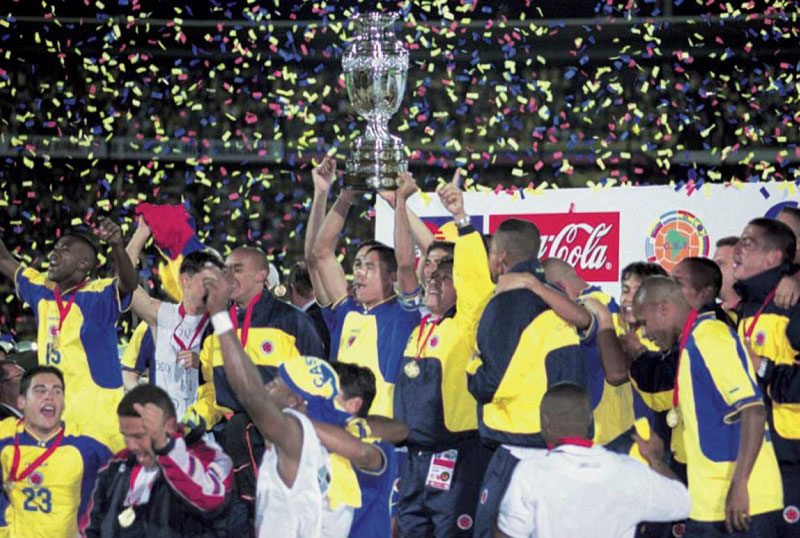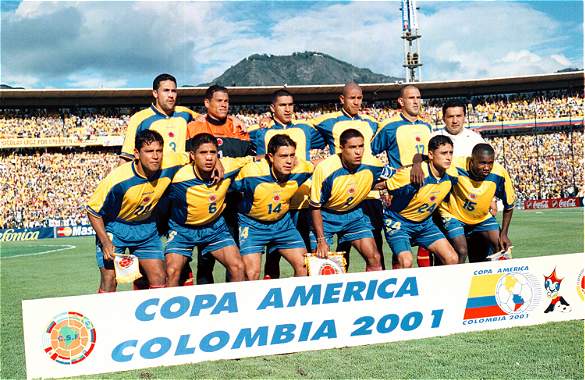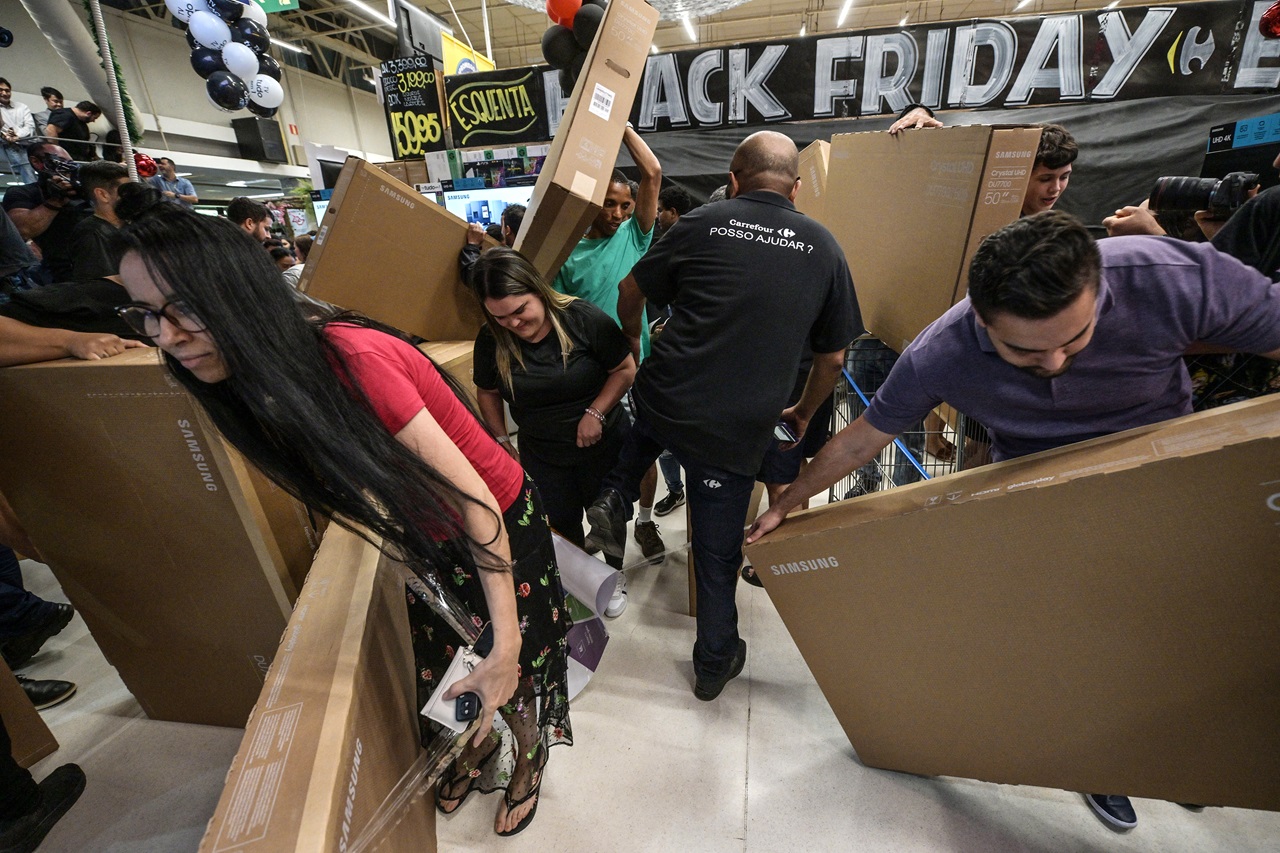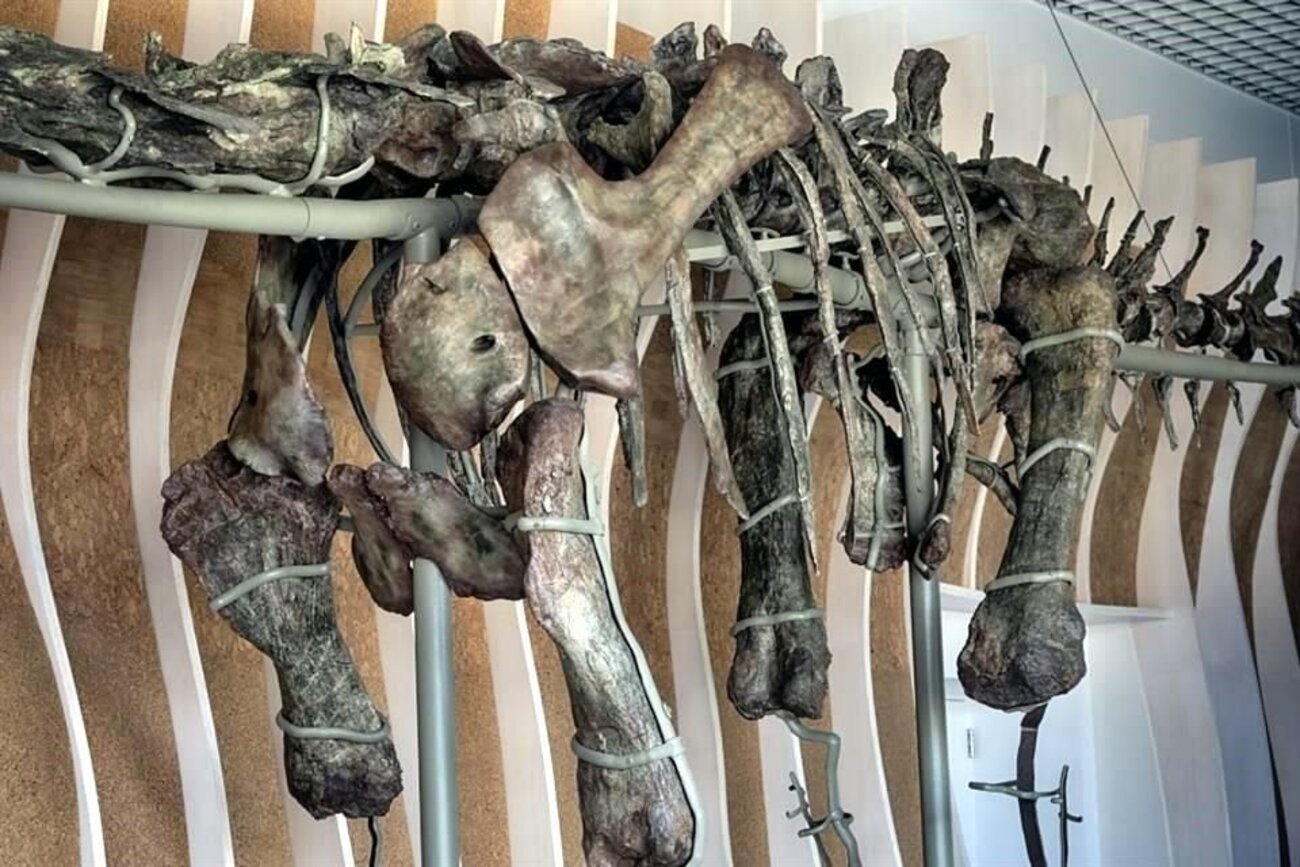
The Perfect Storm
With the first-round matches of the 2019 Copa America almost complete, who will emerge as the front-runner in the tournament? Argentina, Brazil, and Chile are predicted to go to the Finals.
However, here’s the real question: Can any team go undefeated in this year’s Copa América?
In the history of the 103-year-old competition, only three South American countries who have gone undefeated. Uruguay did it in 1917 and 1987, while Argentina accomplished the feat in 1921. In each of those years, the winning team played only two to three matches. What if I told you the third undefeated team played six games without a loss and on top of that didn't concede a goal? Oh yeah, what if they won it all too? The first thing you would say is ‘that's impossible.’ That would take an act of God to happen. Well, the Lord does work in mysterious ways. Here's a barbet that you would win. Back in 2001, the Copa América juggernaut was none other than Los Cafeteros of Colombia.
Before the tournament, meetings were held by CONMEBOL authorities who were concerned about potential security issues in Colombia. There were several bombings before the June kick-off which led to the deaths of 12 people and injured 200. The Revolutionary Armed Forces of Colombia (FARC) raised the public’s fear due to the kidnapping of the vice-president of the country’s football federation, Hernán Campuzano.
At one point for five days, Copa América did not exist. Colombian President Andrés Pastrana wanted the games to go on. “Let us root for peace,” Pastrana begged during an interview, in which he stressed the urgency to “defeat violence and the violent minority.” Unfortunately, the organization already made its decision. Although Venezuela offered to host the competition, the organization suddenly decided to move forward with its plans for Colombia, and the games continued on schedule. Some say the pressure from television companies and sponsors had the final say in the matter.
Now Canada, who were the CONCACAF champions at that time and formerly part of the tournament, decided to disband the training camp when the games canceled. Their players all returned to their individual club teams. By fate, Costa Rica got the call within a few days of the first match and accepted to take Canada's place.
The Argentine Football Association was furious about the reversal that kept the tournament going. Claims spread that the team received death threats from terrorist groups. Although Colombian authorities assured Argentina's safety by implementing more protection, the team withdrew from the competition. What if we were the proverbial fly on the wall watching the emergency meetings at CONMEBOL headquarters?
CONTENIDO RELACIONADO
Dateline: July 10th - 24 hours before the games were to begin. "Who can we reach out to for the last spot in the Copa America?" "I know, let's get Honduras!" Wait. What?
Honduras - "Los Catrachos" - the nickname for Hondurans who originated from General Florencio Xatruch in the war of 1856-1857. When Honduran troops would arrive, people would yell, "Here come the Xatruches." The phrase later changed to "catruches" and finally catrachos. The team that year was having a string of bad luck. 2001 marked the first time in Honduras' history that the team did not qualify to the CONCACAF Gold Cup. Honduras fell short for a second World Cup bid with their loss to Trinidad & Tobago. In the game, 11 shots by Honduras hit the goalpost, while the only point of the game came from Trinidad & Tobago's single shot on goal.

Without stars like Ronaldinho and Ronaldo, Mexico defeated them 1-0 in their first match. The defending champions righted the ship and made their way to the knockout stage. While teams like Uruguay and Mexico were battling their way through their groups, Colombia’s route was reasonably comfortable with three consecutive wins and a trip to the knockout stages. After Honduras’ loss in their first game of the tournament, the team won their next three matches and made their way to the quarterfinals. The talk of Los catrachos being the Cinderella team of the Copa gained momentum.
What happened instead was the biggest upset in the tournament’s history. Brazil was defeated in a 2-0 final and ousted from the competition. Scolari knew what the ramifications were of this defeat. “I, Big Phil, will go down in history as the Brazil coach who lost to Honduras,” he said. “It’s horrible, but Honduras played better than us and deserved to win.”
Although their victory was one for the record books, all good things must come to an end. Their semifinal game against Colombia proved to be their last. With a goal from Gerardo Bedoya in the sixth minute of the match, and an insurance goal by Víctor Aristizábal in the sixty-third minute, Colombia advanced to the finals to face Mexico while Honduras once again faced Uruguay in a battle for third place.
Estadio El Campin was the sight of the final. With over 47,000 fans packed in the stadium cheering with excitement, it seemed that nothing could distract Colombia from winning their first Copa América title - except for a little interruption of the game by four parachutists landing on the pitch during the fifth minute of the match. Los Cafeteros did not lose their momentum and continued to put pressure on Mexico. Colombia’s big break came during the 65th minute of the game with a header into the net by Ivan Cordoba. Although Mexico pressured Colombia throughout the match, it was not enough to deny the country and their native sons from hoisting their first ever Copa América championship and making soccer history. To this day, no other team has won the Copa América without either losing a game or conceding a goal in the process.










DEJE UN COMENTARIO:
¡Únete a la discusión! Deja un comentario.